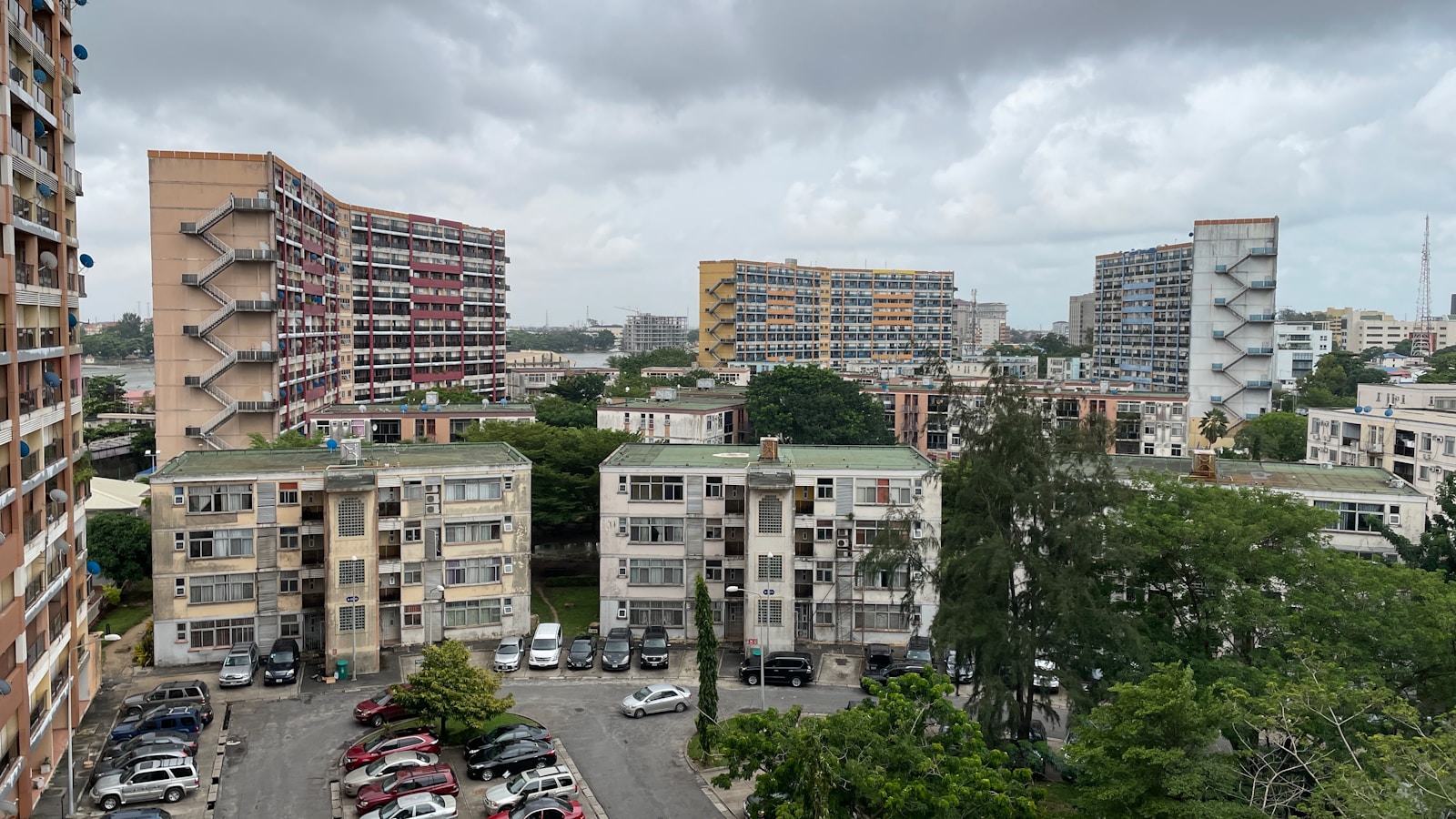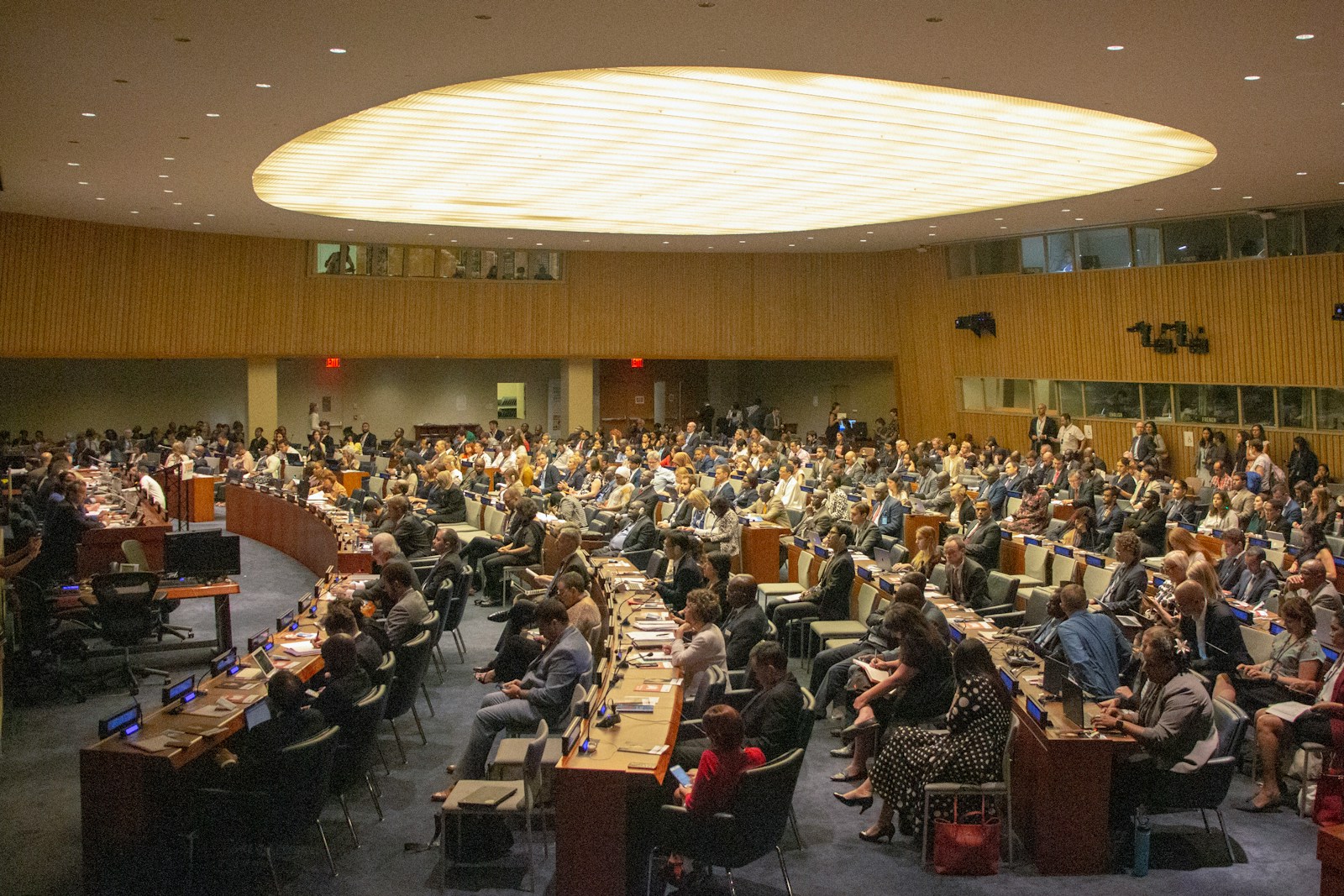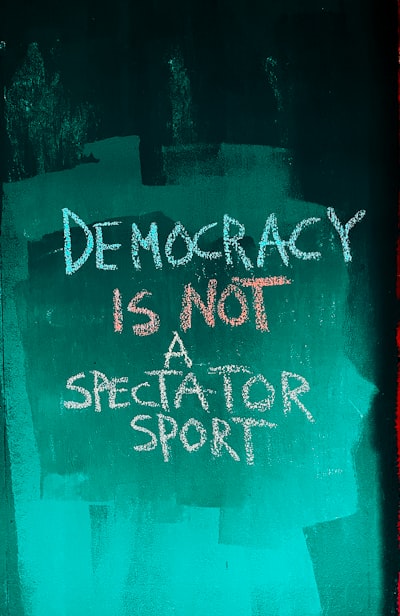Nigeria’s Public Spaces: Overlooking Cultural Heritage and the Impact of This Oversight
Nigeria is a nation with an abundant and diverse cultural history, a country that boasts over 250 ethnic groups, each with its own traditions, languages, and customs. Yet, when we turn our attention to Nigeria‘s public spaces, such as parks, monuments, plazas, and even the design of urban areas, we see an unsettling gap, these spaces often do not reflect the rich cultural tapestry that defines the nation. This omission is not just a matter of aesthetics, but it has real implications on national identity, community engagement, and the preservation of cultural heritage.
The Disconnect Between Public Design and Cultural Identity
Public spaces are more than just areas for relaxation or transit, they are a reflection of a nation’s values, its history, and its people. In many developed countries, public spaces are thoughtfully designed to honor historical events, celebrate cultural diversity, and provide a sense of belonging for all citizens. These spaces are carefully curated to foster pride, unity, and social cohesion.
In contrast, Nigerian public spaces often lack this deep connection to the nation’s cultural roots. Most urban developments, particularly in major cities like Lagos, Abuja, and Port Harcourt, tend to prioritize modernity over cultural expression. The result is a disconnection between the people and the places they occupy. As the population grows and cities expand, the influence of Western architecture, corporate branding, and industrial design dominate public spaces, leaving little room for expressions of local heritage.
This trend is not just about the aesthetic choices made in urban planning but also speaks to a broader cultural disintegration. By not integrating elements of traditional Nigerian art, architecture, and community values into public spaces, we risk alienating a population that feels increasingly disconnected from its roots.
The Role of Culture in Shaping Public Spaces
Cultural elements, such as traditional Nigerian art, indigenous materials, and architectural styles, are often excluded from the design of public areas. This neglect diminishes the opportunity to showcase Nigeria’s rich diversity and cultural identity. Nigeria’s various ethnic groups, including the Yoruba, Igbo, Hausa, and countless others, each have distinctive art forms, ceremonial practices, and social structures that have shaped their communities for centuries. Incorporating these into public spaces would not only highlight the nation’s diverse heritage but also offer a sense of pride and belonging for citizens.
For instance, incorporating indigenous materials like laterite, bamboo, or wood into building designs could celebrate the connection Nigerians have with nature and sustainable living. Moreover, the use of traditional craftsmanship, whether it’s woven fabrics, pottery, or intricate carvings, could be woven into the design of public spaces, turning these areas into living representations of culture. By doing so, public spaces could become more than just utilitarian areas, they could become cultural hubs that educate, inspire, and engage.
A Missed Opportunity for National Unity
One of the core strengths of Nigeria is its rich cultural diversity. However, without the proper representation of this diversity in public spaces, there is a missed opportunity for fostering national unity. When public spaces are devoid of references to the many ethnic traditions that make up the country, citizens may feel a lack of recognition or even exclusion.
The failure to embrace cultural diversity in urban planning could perpetuate feelings of division among different ethnic groups. By incorporating symbols, traditions, and cultural markers into public spaces, Nigeria can take a proactive step towards creating a more inclusive society. Public spaces could become areas where Nigerians of all backgrounds come together to celebrate what makes their country unique—its rich blend of traditions, art, language, and history.
Economic and Social Benefits of Culturally-Enriched Public Spaces
The economic and social advantages of incorporating culture into public spaces are often underestimated. Well-designed public areas that reflect a country’s heritage tend to attract tourists and serve as centers for local commerce. In cities like Istanbul, Cairo, or Marrakech, the integration of cultural history into the fabric of public life not only boosts local pride but also significantly contributes to the economy through tourism and hospitality.
In Nigeria, public spaces designed with cultural relevance could have similar benefits. These spaces could host cultural festivals, craft markets, and performances, creating new opportunities for local businesses and artisans. Such spaces could also promote tourism, with both domestic and international visitors eager to experience Nigeria’s vibrant heritage firsthand.
Moreover, culturally enriched public spaces can foster stronger community bonds. When citizens feel that their traditions are reflected in their surroundings, they are more likely to take ownership of these spaces. This sense of ownership leads to better maintenance and care of public areas, ensuring their longevity and utility for future generations.
The Role of Government and Urban Planners in Cultural Integration
The responsibility to integrate culture into public spaces lies heavily with government institutions and urban planners. Unfortunately, many public projects in Nigeria are developed without significant consultation with local communities or cultural experts. There is a tendency to prioritize commercial interests and foreign architectural trends, often sidelining the cultural significance of spaces.
To address this gap, urban planners and architects must be trained to consider the cultural and historical context of the areas they are designing. There must be collaboration between urban development authorities and local cultural representatives, ensuring that public spaces are built with an appreciation for local traditions. This could involve consultations with local artisans, historians, and indigenous communities to ensure that design decisions respect and reflect the cultural heritage of the people.
Governments can also take the lead by enacting policies that require cultural representation in public space design. This might include earmarking funding for the creation of culturally significant public art, landmarks, and structures that reflect the diverse identities of Nigerian society.
A Vision for the Future: Reclaiming Public Spaces as Cultural Hubs
Looking ahead, the potential for Nigeria’s public spaces to become powerful symbols of national identity is immense. By prioritizing cultural representation in urban planning, we can create spaces that are both functional and deeply connected to the country’s heritage. Imagine a park in Lagos that showcases the intricate beadwork of the Yoruba people, or a plaza in Abuja that celebrates the vibrant patterns of traditional Igbo art. These spaces could become sites of cultural exchange, creativity, and pride.
Moreover, Nigeria’s public spaces could serve as platforms for educating younger generations about the country’s diverse cultures. As the next generation of Nigerians grows up in a rapidly modernizing world, it is essential that they remain connected to their cultural heritage. Public spaces that reflect this heritage will help instill a sense of pride and respect for their roots.
Conclusion
Nigeria’s public spaces must move beyond the neglect of its cultural traditions. These spaces are more than just physical locations, they are vital to national identity, unity, and the preservation of culture. By integrating traditional Nigerian art, architecture, and values into the design of public areas, we can create spaces that foster pride, inclusivity, and social cohesion. The responsibility falls on urban planners, governments, and the general public to ensure that future public spaces truly reflect the diverse and rich cultural heritage that makes Nigeria unique. Only then can we truly celebrate the beauty and vibrancy of this great nation, while fostering unity and pride among its citizens.
For more news: africaciviclens.com




